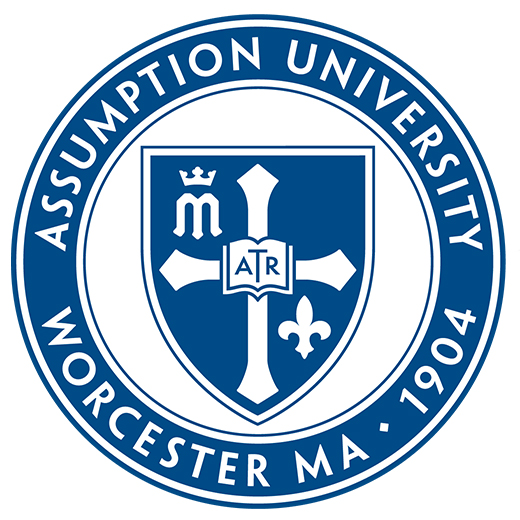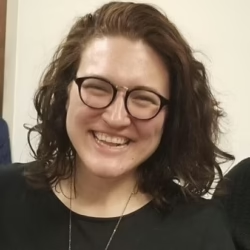What is the Honors Program?
The Honors Program includes challenging courses dedicated to higher-level thinking and depth of understanding; special opportunities for social and intellectual engagement outside of the classroom; and access to the honors suite in the new state-of-the-art Tsotsis Family Academic Center. If you want to be a member of a community of friendship and learning that is dedicated to academic, personal, and professional accomplishment, this is the place.
Special opportunities available to members of the honors program at Assumption include Summer Honors Fellowships, which fund one-on-one collaborative research with a professor, and Honors Travel Scholarships, which defray the costs of joining in an Assumption-sponsored travel experience.
A Look Inside the Honors Experience
Inside the classroom, honors students engage with similarly motivated students and attentive professors in order to achieve a greater depth of understanding and higher-level thinking. The honors curriculum, which is available to students of all majors and intellectual interests, begins in the first year and culminates in a Senior Honors Thesis. Our curriculum is dedicated to providing a comprehensive, liberal education in preparation for a successful life.
Every semester, the Honors Program provides you with the opportunity to experience intellectual comradeship with similarly motivated students and professors through optional Book Summits and social activities each semester. The Honors Program at Assumption seeks applications from excellent students who aim, also, to become excellent thinkers, professionals, citizens, and human beings.
Elizabeth A. Colby Davie, Ph.D.
Faculty
First-rate Academics in a Catholic University Setting
Assumption University awakens in students a sense of wonder, discovery, and purpose, forming graduates known for their intellectual seriousness, thoughtful citizenship, and devotion to the common good. Students are provided an education that shapes their souls, forms them intellectually, and prepares them for meaningful careers. Enlivened by the harmony of faith and reason, here, students’ minds and hearts are transformed.

















